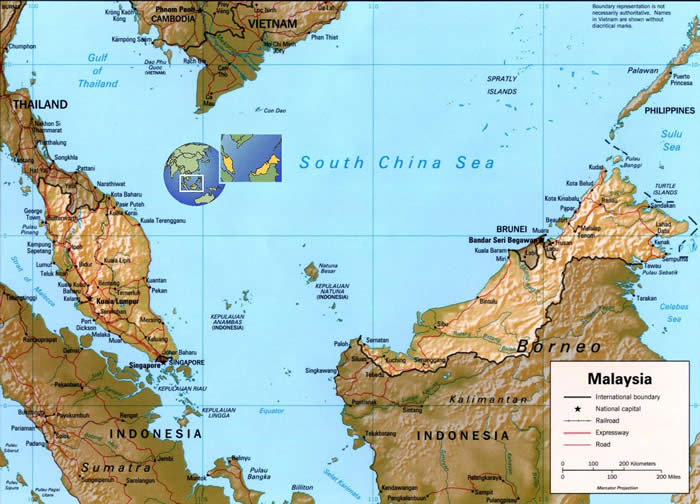Ilankai Tamil Sangam30th Year on the Web Association of Tamils of Sri Lanka in the USA |
|||
 Home Home Archives Archives |
Parts of Malaysia Begin to Roll Back Race-based Policyby Associated Press, March 12, 2008
KUALA LUMPUR -- Malaysia's opposition pledged to roll back an affirmative-action program in five states where it won elections, setting in motion a major reversal of the ruling coalition's longstanding but controversial policy. The governments in the five opposition-ruled states will "reduce race-based affirmative-action policies and begin to implement a more competitive merit-based system," opposition leader Anwar Ibrahim told reporters yesterday. He said the five states will try to ensure that the poor among all races receive benefits such as low-cost homes and education. The opposition, guided by Mr. Anwar, won an unprecedented four state governments in addition to one that it already ruled. It also increased its haul in the 222-member Parliament from 19 to 82 seats. Until now, the ruling National Front coalition had never gone below a two-thirds majority since 1969, and had never lost control of more than two of Malaysia's 13 states. The result reflected widespread disaffection among the country's ethnic Chinese and Indian minorities over social and racial inequalities, mainly stemming from the affirmative-action program known as the New Economic Policy. It was started in 1971 to help the Malays, following violent race riots in 1969 that were blamed on the wealth gap between poor Malays and wealthy Chinese. The NEP gives a host of privileges to Malays including preference in government contracts. The Malaysian state of Penang, which was won by the opposition Democratic Action Party, fired the first salvo against the NEP, long considered an untouchable policy. Lim Guan Eng, who was sworn in yesterday as the chief minister of the Chinese-dominated Penang, announced that state contracts will no longer be awarded based on NEP. Many state contracts are known to go to businesses with links to the ruling party. |
||
|
|||
 Dismantling the affirmative-action program -- meant to benefit the majority Malays -- was one of the main promises of the three-party opposition alliance that made massive gains in Saturday's elections.
Dismantling the affirmative-action program -- meant to benefit the majority Malays -- was one of the main promises of the three-party opposition alliance that made massive gains in Saturday's elections.